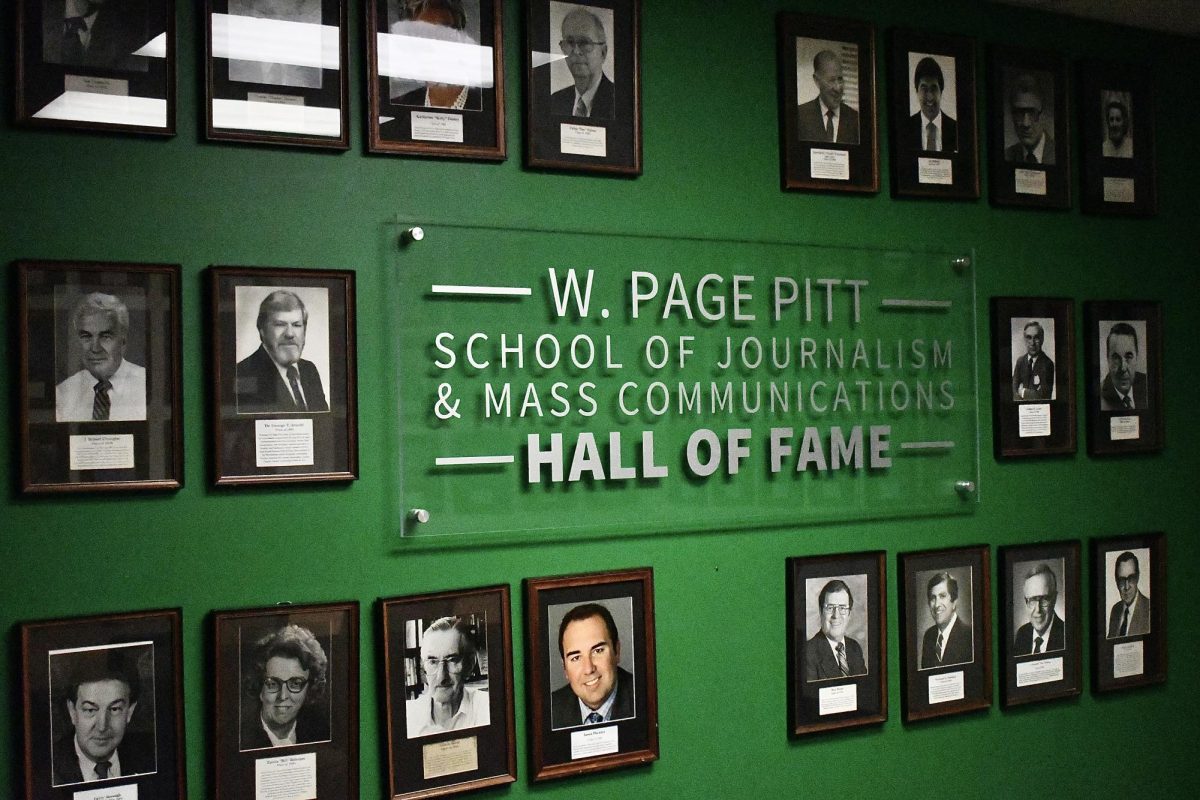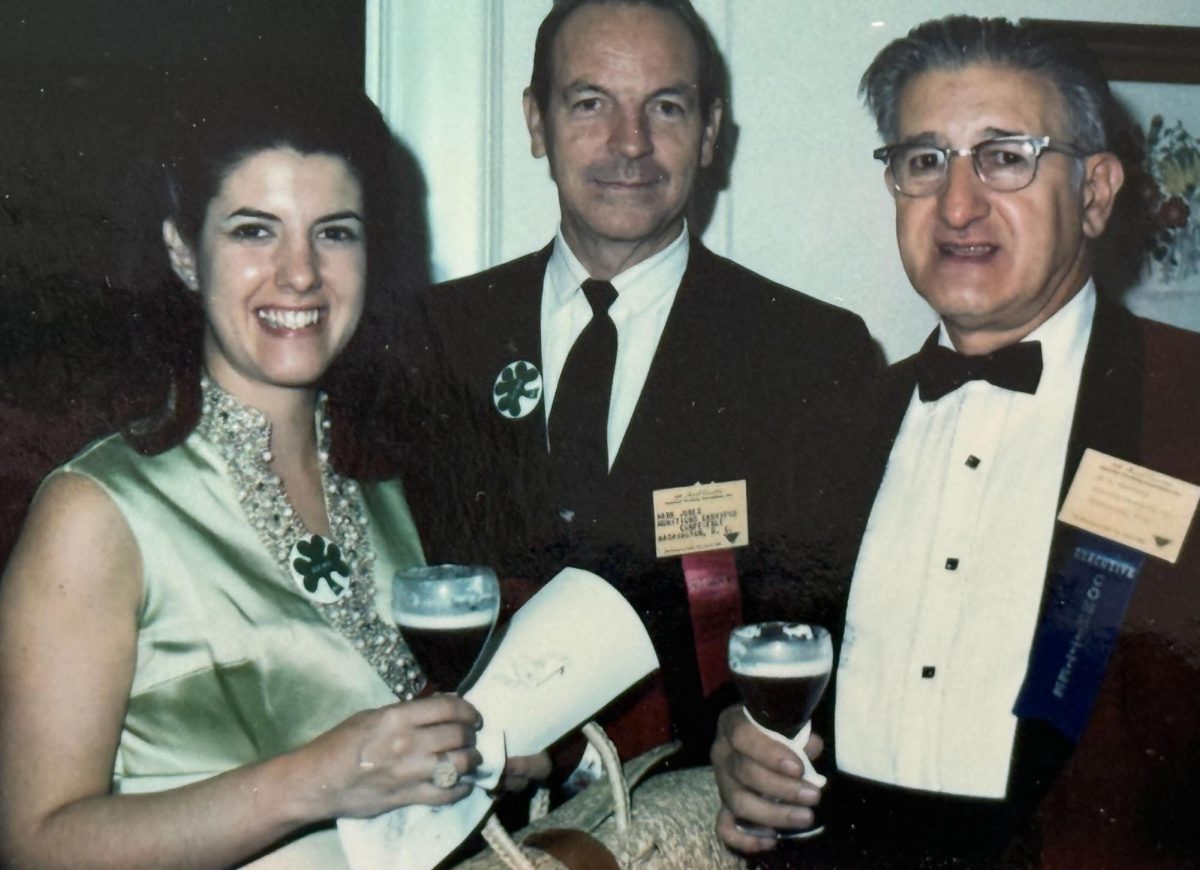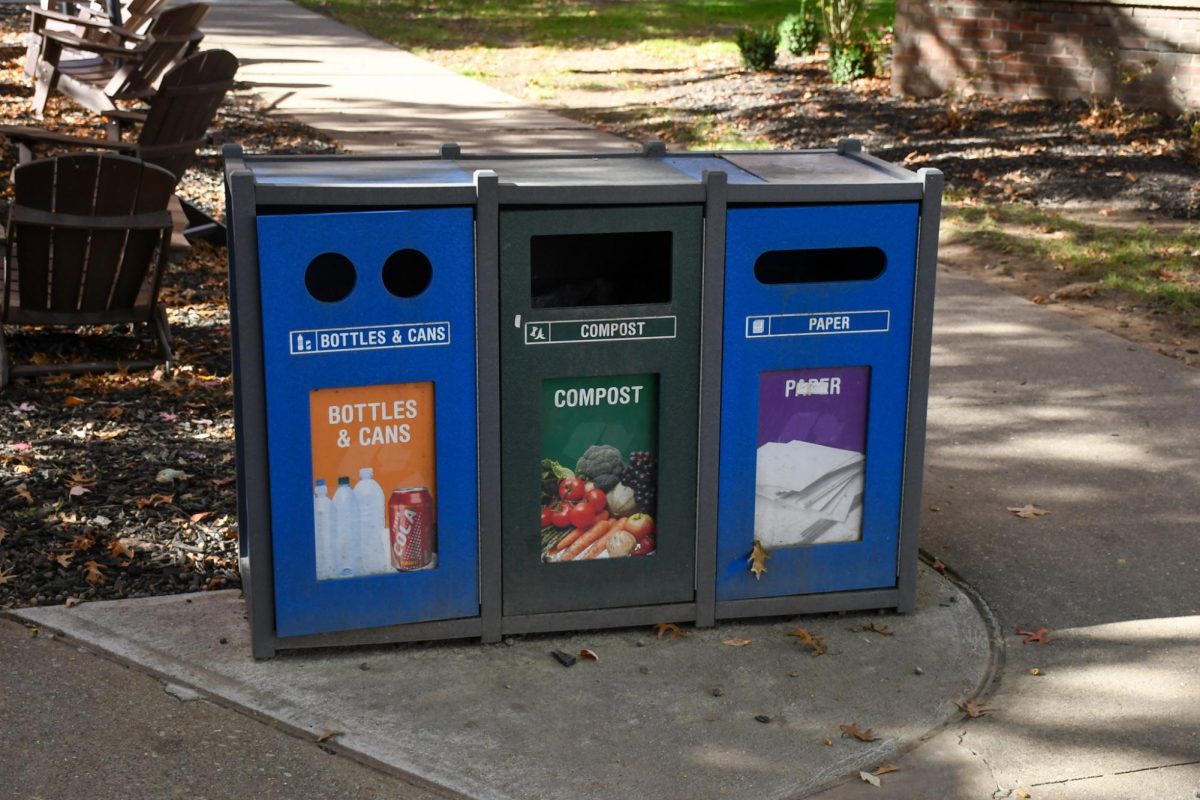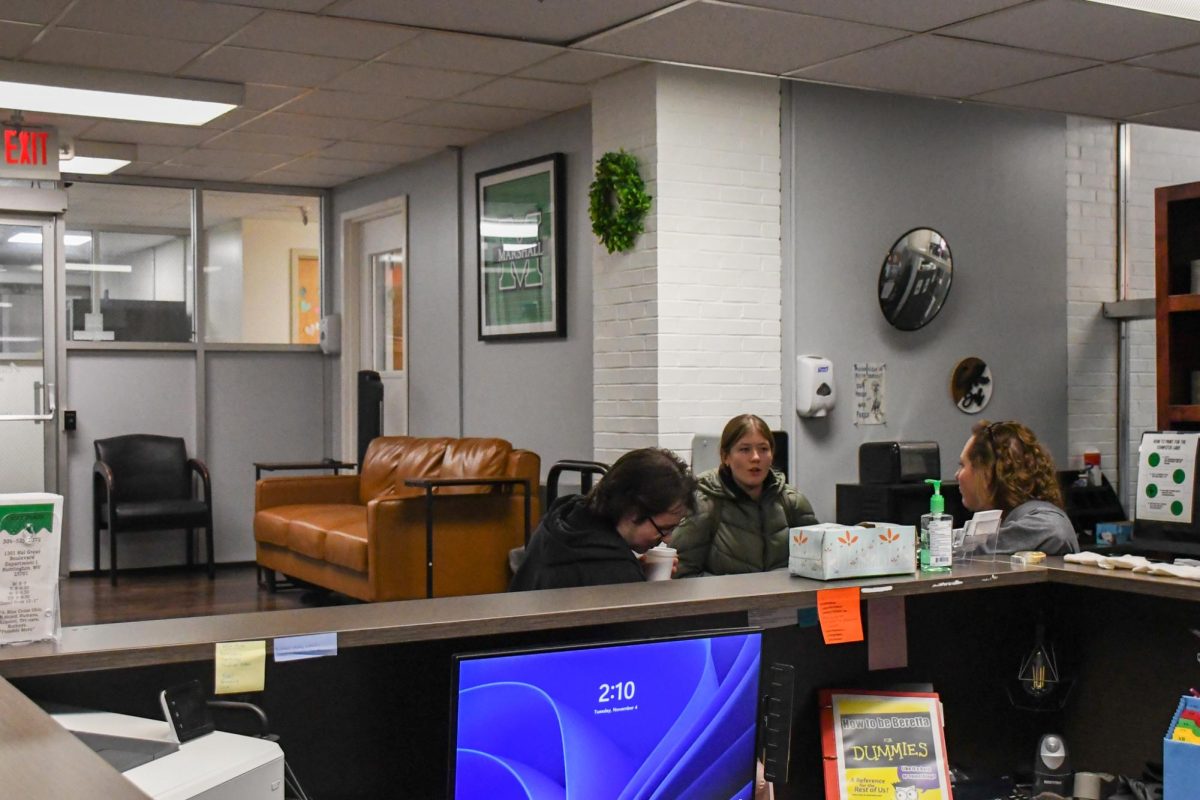While a love of reading might now be dubbed as a byproduct of belonging to what social psychologists like Johnathon Haidt call “the anxious generation,” I’d argue that for Gen Z, reading is more essential now than ever before.
In a world saturated with fast-paced content, fractured attention and surface-level absorption, reading provides the depth, empathy, reflection–and even entertainment–we are so often starved for.
Growing up, reading, for me, was solely a source of entertainment. However, as time has passed, I’ve realized I’m reading to understand the world around me.
Tales of a young wizard finding his place at Hogwarts, a girl hiding from the Nazis behind a bookshelf and children suffering dystopian cruelty from their government didn’t allow me to retreat into something easier, but to step into something honest.
Often, we view books as a way out. Truthfully, they are a way in.
Best-selling author John Green said reading tends to deepen levels of humanity, particularly in younger generations.
“When I read ‘Catcher in the Rye,’ Holden Caulfield isn’t my friend or my spouse or my anything, but he is as close as I can come to being someone else,” Green said in an interview with Fortune.
Beyond my genuine admiration for Green’s innately profound works of fiction, his statement has merit in regard to the essential ability to walk in someone else’s shoes, beyond the surface-level cliche.
When we read a novel, a memoir, an essay or even a work of fiction, we are not only hearing what happened—we are being asked to feel it.
This act is more crucial than ever, not just for basic literacy but for what I argue to be ‘basic’ empathy.
I might never know what it’s like to grow up in a war zone, to grieve a child or to flee a country. But through stories—real or not—I can begin to imagine the shape of that experience.
As I explore these worlds and feel the weight of their words, I will not claim it as my own. I will, however, understand that it exists and that even if I do not carry it, someone does.
That understanding has always been crucial, but in a climate where the world constantly has divisiveness, misinformation and oversimplified views, it feels like breathing itself, woven into what it means to be alive and aware.
Unfortunately, unlike oxygen, the absence of valuable reading is not instantly noticeable.
But, over time, it will quietly starve our ability to understand one another, and that is dangerous.
Reading, while often wildly entertaining, can also be an entrance and a connection. The more we read, the more bridges we build.
Stories of all formats are one of the few places we may experience an emotionally raw version of someone’s truth. Particularly, in books, the reader must slow down and sit with these truths for as long as the plot line takes.
Books demand more of us, and these demands make us more inquisitive, more empathetic and more aware.
They allow us to sit with complexity, rather than the simple black and white we are often content settling for. Reading makes it harder to dismiss those who are different from you, when you’ve read about someone’s trauma or joy in vivid detail.
I’ve felt this shift in myself, time and time again. With unreliable narrators I despised and characters I adored, I’ve learned to sit with people I might disagree with, to ask better questions and to think before writing off someone else’s experience.
Reading a story is not the same as scrolling past one.
Kaitlyn Fleming can be contacted at fleming115@marshall.edu.




















